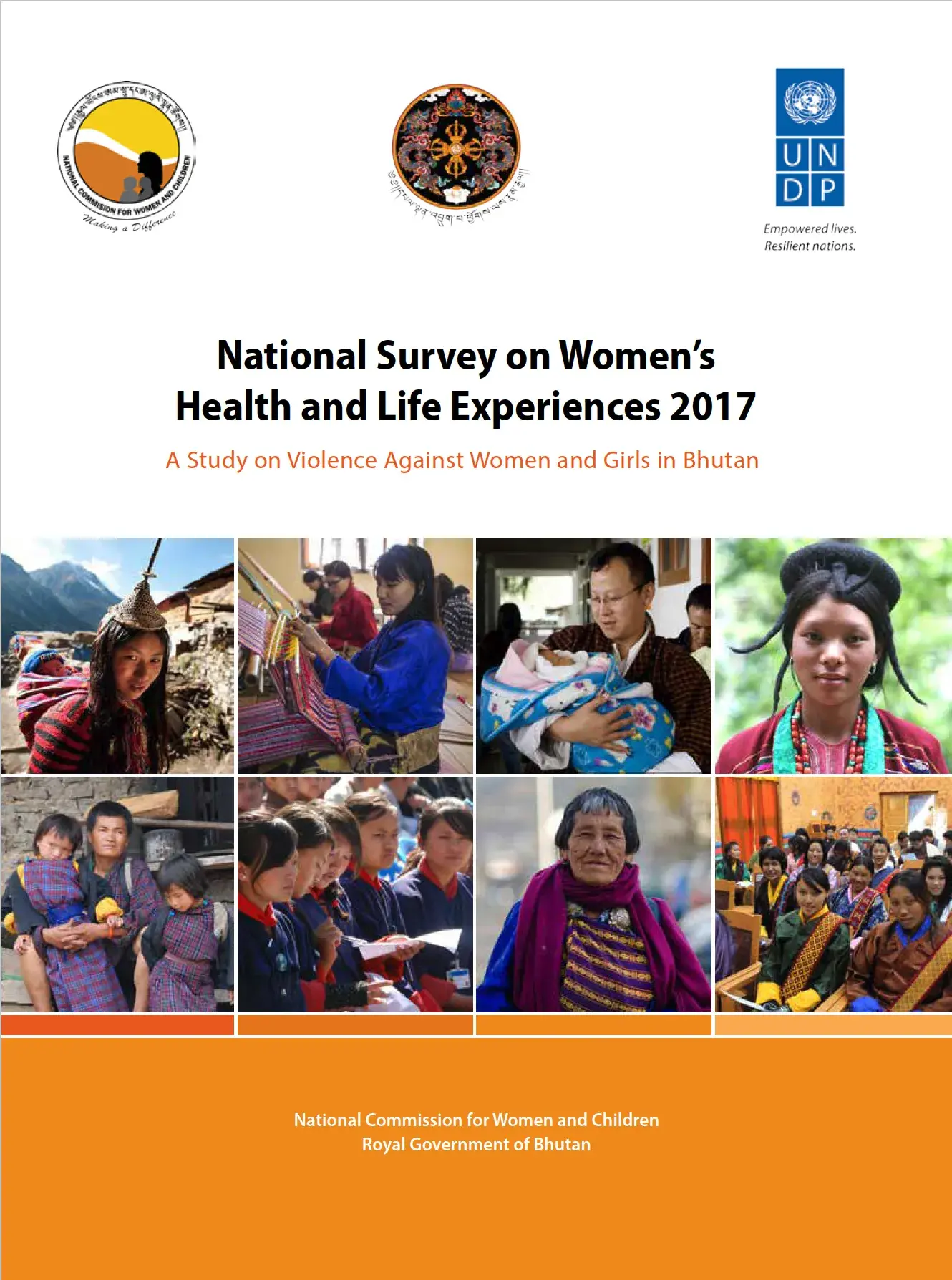Gender-based violence against women and girls is one of the most significant social issues today with widespread impacts, including on health and wellbeing, productivity, and national development. Violence Against Women and Girls (VAW/G) is usually ‘gender-based’ because it occurs due to an imbalance of power between women and men and its existence contributes to perpetuating a cycle of inequality.
Lack of data on VAW/G in Bhutan has limited evidence-based planning and monitoring of development goals. With Bhutan’s 12th Five-Year Plan (2018-2023) in place and the formulation of the next United Nations One Programme underway, a study to collect national data on the prevalence of VAW/G was given high priority. It was also identified as a priority during the formulation of the Transition Strategy 2019-2023 between Bhutan and Austria.
The National Commission for Women and Children (NCWC) led the national study on VAW/G with support from the Austrian Development Cooperation (ADC) and the United Nations Development Programme (UNDP) Bhutan. For the field implementation, data analysis, and report writing, a national consultant (BIRD) and two international consultants were recruited. UNFPA’s kNOwVAWdata project provided technical support and quality control.
This study provides both quantitative and qualitative baseline data and information on the prevalence and incidence of different forms of VAW/G in Bhutan, women’s health and life experiences associated with the intimate partner violence and services for the victims of VAW/G in dealing with partner violence. The findings will serve as the foundation for understanding and integrating sensitivity and responsive interventions to enhance the protection and promotion of rights of women and girls in the country. They will inform the policies and plans to tackle VAW/G and be used for coordination and collaboration among stakeholders working on VAW/G, capacity building, advocacy and sensitisation.


